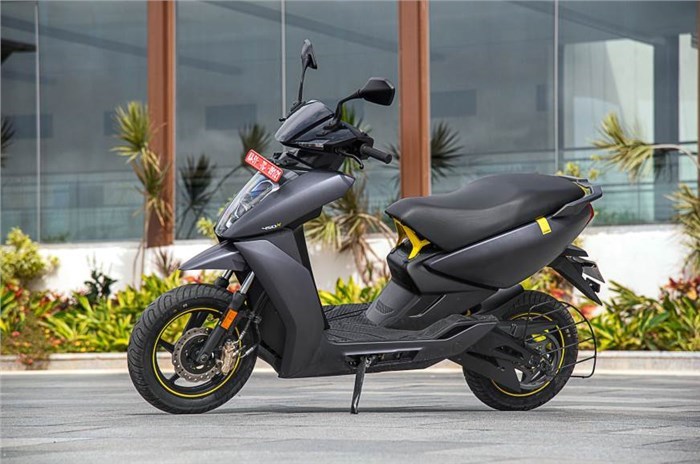
Ather Energy’s Chief Business Officer Calls for Policy Predictability to Drive Two-Wheeler Electric Mobility Ravneet S Phokela, the Chief Business Officer at Ather Energy, has emphasized the critical importance of policy predictability in driving investments for the acceleration of electric mobility within the two-wheeler segment. Ather Energy, a company in which Hero MotoCorp holds significant investment, has set an ambitious target of achieving 100% electrification of the domestic two-wheeler market by the year 2030. To achieve this goal and foster the growth of electric mobility, policy stability and predictability are vital.
Ather Energy’s Vision for Electric Mobility:Ather Energy, with the backing of significant investment from Hero MotoCorp, is at the forefront of India’s electric mobility revolution. The company envisions a future where electric two-wheelers dominate the market, reducing emissions and contributing to a sustainable and eco-friendly transportation ecosystem.
Policy Predictability as a Catalyst:Ravneet S Phokela has underscored the need for policy predictability to facilitate investment planning for the rapid expansion of electric mobility in the two-wheeler sector. A stable policy framework provides the industry with the confidence to make long-term investments in manufacturing, research, and development.
The Importance of Regulatory Support:Achieving the goal of 100% electrification by 2030 requires supportive government policies and regulations. These policies can include incentives for electric vehicle adoption, infrastructure development for charging stations, and the establishment of clear emission norms to encourage the transition from internal combustion engine vehicles to electric ones.
Hero MotoCorp’s Strategic Investment:The significant investment by Hero MotoCorp in Ather Energy signifies the traditional automotive giant’s commitment to embracing electric mobility. Collaborations and investments between established industry players and innovative startups like Ather Energy are instrumental in driving the transition to electric vehicles.
Ravneet S Phokela’s call for policy predictability to accelerate electric mobility within the two-wheeler segment is a crucial reminder of the role of regulatory stability in shaping the future of transportation. Ather Energy’s vision of achieving 100% electrification by 2030 aligns with India’s broader goals of reducing emissions and fostering sustainable transportation. With the support of investors like Hero MotoCorp and a conducive regulatory environment, the electric two-wheeler industry in India has the potential to revolutionize the way people commute, ultimately benefiting the environment and the nation as a whole.






